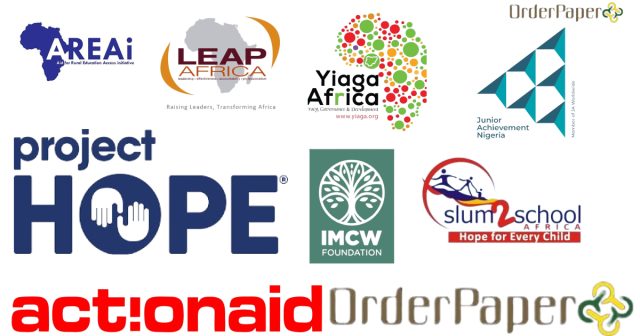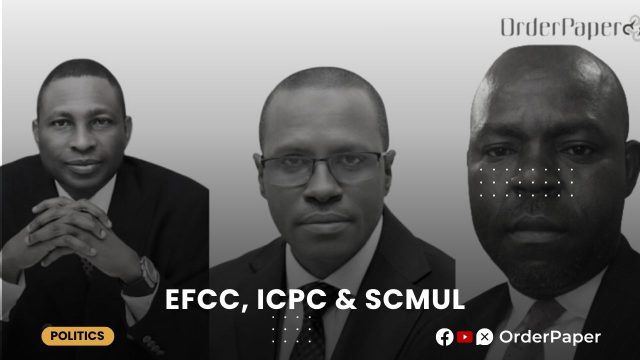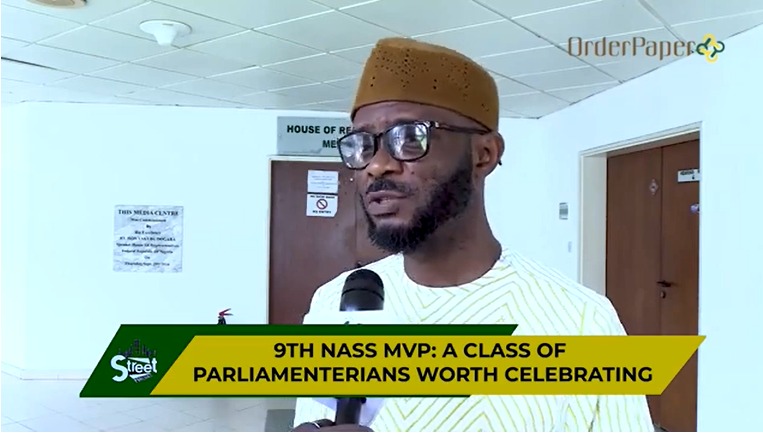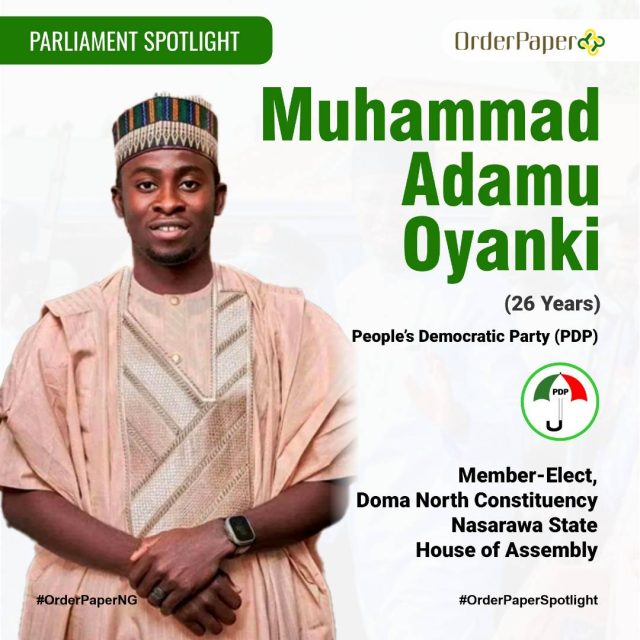Following the public uproar that the National Assembly is pushing for regulation of CSOs/NGOs, Churches, and Mosques in Nigeria, we take a cursory look at its possible consequences on Nigeria’s democratic processes.

The “Bill for an Act to Establish Non-Governmental and Civil Society Organisations Agency for the Promotion of Social Development Activities in Nigeria and for Related Matters” (HB. 941)’ was recently re-introduced in the House of Representatives. So far, there has been uproar concerning this Bill from parties involved and to be affected when it becomes a law.
The Role of Civil Society Organizations (CSOs) and Non-Government Organizations in the Nigeria Democratisation Process
CSOs play a vital role and have contributed tremendously to the sustenance of democracy in Nigeria by protesting against tenure elongation, participating in electoral reform, advocating for the passage of the Freedom of Information (FOI) bill into law, voter education and mobilisation, and election monitoring from 1999 until date.
So also, Non-governmental organisations within their different thematic areas have rendered services to relief supplies, and provision of safe space for women and children through the provision of mental health awareness for victims of abuse of different kinds.
An example is the Aid for Rural Education Access Initiative (AREAi) which provides alternative means of teaching and support for internally displaced persons (IDP) in partnership with relevant government organisations such as the National Commission for Refugees, Migrants, and Internally Displaced Persons (NCFRMI) with proven track records in helping children learn with an alternative method of teaching.
The list goes on and on, not to forget the interventions from international organisations domiciled in the country like Project Hope, which provided assessments of Health Security Capacities in the Federal Capital and brought together every health department of all government establishments to investigate and find solutions to the health emergency in the country and even try to harmonise the data of some high-level of life-threatening health challenges in the country with Hypertension and Diabetes Tracker on the NHIS.
But in case you are still wondering what exactly the CSO space has achieved in promoting Nigerian democracy, well, let us go memory lane with the Doctrine of necessity clause: CSOs also rose to the occasion to demand the recognition of the then Vice President Goodluck Jonathan as the Acting President when the late President Umaru Musa Yar’adua was indisposed and was away to Saudi Arabia on medical treatment between November 2009 and March 2010. Civil rights organizations such as the Save Nigeria Group and Enough is Enough Group seized the initiative, mobilised, and marched on to the National Assembly with the demand for a resolution that would give due recognition to the vice president as acting president. This led to the adoption of the now-popular Doctrine of Necessity‟ by the National Assembly on February 9, 2010.
Currently, the regulatory framework for businesses and non-profit operations in Nigeria, such as the Economic and Financial Crimes Commission (EFCC), Independent Corrupt Practices and Other Related Offenses Commission (ICPC), and Special Control Unit Against Money Laundering (SCMUL), seems not to be enough to regulate the activities of CSOs and NGOs in Nigeria. Well, I think it will be necessary to highlight some of the core functions of the existence of the aforementioned organisations and how no single non-profit organisation or civil society is legally recognized without having passed through the registration and verification process before it is considered an organisation recognized by the law of Nigeria.
What do EFCC, ICPC & SCMUL do?

EFCC
The functions of the EFCC include the investigation of all financial crimes, including advance fee fraud, money laundering, counterfeiting, illegal fund transfers, futures market fraud, and contract scams, and the coordination and enforcement of all economic and financial crime laws. NGOs and CSOs are part of their oversight functions, and it is also important to note that the EFCC investigates people in all sectors who appear to be living above their means and is empowered to investigate and prosecute money laundering and other financial crimes to which NGOs and CSOs are not excluded.
ICPC
The Independent Corrupt Practices and Other Related Offences Commission (ICPC) targets corruption in the public sector, especially bribery, gratification, graft, and abuse or misuse of office.
SCMUL
The Regulations state that the Special Control Unit against Money Laundering (SCUML) of the Federal Ministry of Industry, Trade, and Investment will be responsible for the registration, monitoring, and activities of designated non-financial institutions in Nigeria.
Unfortunately, regulating NGOs and CSOs is a priority to lawmakers when there are established regulatory organisations charged with the function of regulating the financial aspect of NGOs and CSOs, which will then bring us to the fabric and the core existence of these established non-governmental organisations as such legislation could be counterproductive and detrimental to Nigeria’s democratic process.
What do NGOs and CSOs do?
Non-governmental and civil society organisations are established under the need to serve as watchdogs, holding government institutions accountable and advocating for good governance, transparency, and accountability. Their importance in promoting freedom of association, advocating for citizens’ rights, and participating in public affairs must not be underemphasized.
Imposing restrictive regulations on NGOs and CSOs could infringe upon fundamental freedoms and undermine democratic principles regulating the non-profit sector, which could limit their ability to perform essential functions, potentially leading to increased corruption and abuse of power within the government. A particular question keeps coming to mind as to why this bill is so important to legislators.
At this time, in light of the existential crisis the nation is currently experiencing, here’s what Mr. Mark Amaza, Senior Communications Officer at Yiaga Africa, has to say about the bill.
However, there are also some misconceptions from the public about the principles of the bill, which can still be achieved without making it a law.
Key facts about the Bill
- The bill does not target any faith-based organisation.
- The bill aims at achieving international best practices.
- The bill is trying to subject all the activities of CSOs and NGOs to ‘Abuja’.
- The bill is about setting a standard and harmonising the process of registration.
- The bill does not intend to have any supervisory role or control over any NGO or CSO but rather to give legitimacy to setting up a commission that will be charged with the responsibility of regulating agencies of NGOs and CSOs through lawmaking processes.
In conclusion, instead of rushing to pass legislation to regulate NGOs and CSOs, which some have seen as an element of desperation with dire consequences for our growing democracy, it will be better to call for meaningful consultation and collaboration with stakeholders to address critical issues affecting citizens and better the activities of NGOs, CSOs to avoid unintended consequences that could undermine democracy, development, and human rights in Nigeria.




One comment
JohnD
February 21, 2024 at 7:57 am
The proposed bill on the regulation, has it entered 2nd reading?
If Yes, can we get a possible highlight on what the bill is ment to achieve?
This was Worth reading